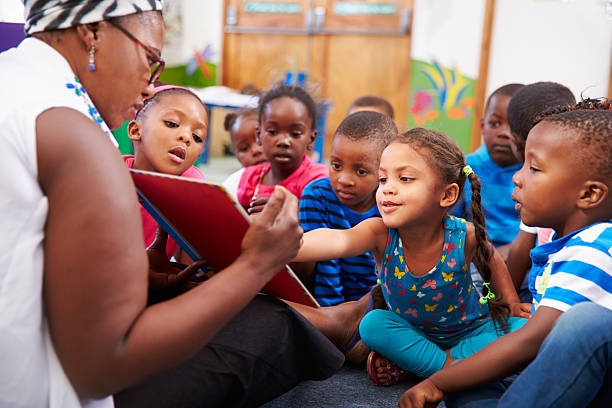Module II Blog Assignment Part II

After reflecting about the section, what I read, what I discussed as a group, and how you ranked your
group work, there are many ways that we can educate all children. In the textbook, Mondale explains that
"More and more districts established secondary schools and high school enrollments increased
dramatically in the twentieth century." This shows that education was beginning to become more open
minded with all different walks on earth, and not just mainly people of Caucasian descent. As the section
moves forward "Two-thirds of the children in public schools in New York and Chicago had foreign-born
fathers." As many people began to complain in articles and books that "new immigration" had an
undesirable "racial stock" and was compared to the old immigration which was "illiterate, criminal,
dependent, and ill-fitted", immigration was restricted by Congress in 1920. However immigrants began to
enroll in public schools. With their parents knowing that in order to strive in America they needed an
education which the schools know they needed to ''address the problem". One of the ways public
education began to educate all children was "Many big-city public schools implemented programs to teach
children how to be Americans, which meant regular health inspections and lessons in English, American
History and hygienic practices. Some school districts." School districts in New York offered adult classes,
special classes for children with disabilities and after school programs. Adding to that, progressive
reformers fought to improve living conditions, schools, and working conditions in the cities. School
reformers "successfully centralized and bureaucratized school administration and put expert professionals
in control of the schools while simultaneously limiting the involvement of laypeople and parents. These
effciency-minded reformers in alliance with business groups, advocated industrial and vocational
education in public schools, targeted especially at "hand-minded" immigrant children." This demonstrates
lengths public schools took in order to educate all types of children.
In my opinion, school benefits people of wealth and fails people who are not of wealth. For example, at
first only people of wealth were able to afford to get an education and eventually go to college, while
immigrants, African-Americans, etc were able to receive that chance. It states in the textbook that "An
even larger proportion of the population had the opportunity to attend secondary schools (though African-
American youngsters lived in communities in the South where no high schools were available for them
the mid-century)." This demonstrates the discrimination that was brought on through public education.
Adding to that, I believe the school system at first was failing immigrants and foreigners who wanted an
education by books and articles diminishing their character and implementing their bias and stereotypical
thoughts which in return, began to restrict immigrants from gaining an education. I believe that minorities
are failed by the school system but benefit people who are of wealth because the United States is run on
money. If someone is high of wealth, people who stress about certain things such as getting an education
and eventually a well paying job, these people do not have to worry as much. It might sound cheesy,
people who throw their money at their problems will succeed quicker than people who have to earn their
spot. The school system fails people of lower wealth because most people who are not as wealthy, can
correlate with people who are minorities. With this being said, the government does not really strive for
people who are less wealthy. I also believe that the government does not want to educate minorities so that
they can marginalize them in society. The less educated they are, the more the government and America
does not need to worry about them, and they will continue to struggle in America.

Comments
Post a Comment